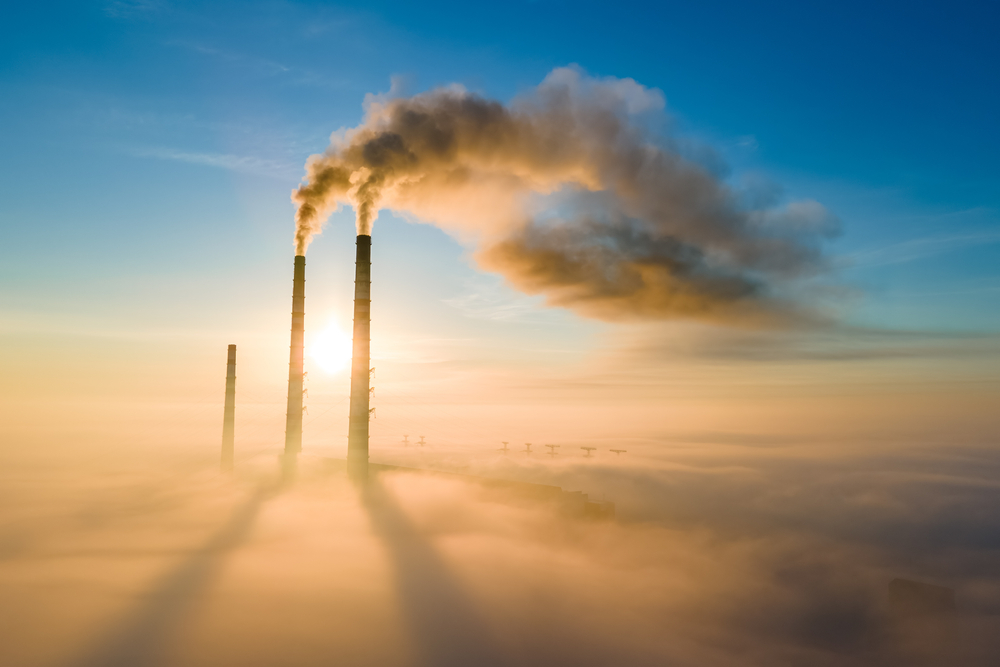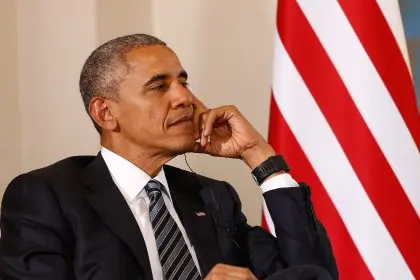The shifting landscape of nuclear ambitions
In northwestern Ghana, the effects of climate change have transformed more than just the weather patterns – they’ve sparked a nuclear awakening. As prolonged droughts ravage traditional farming communities and energy shortages plague the nation’s development, Ghana finds itself at a crossroads in its energy future.
The path to nuclear innovation
The story of Ghana’s nuclear aspirations reflects a broader transformation in the global energy landscape, where emerging nations are increasingly looking toward nuclear power as a solution to their growing energy demands. As traditional crops wither and electricity costs surge, the West African nation has begun positioning itself at the forefront of Africa’s nuclear energy pursuit.
This transformation comes at a time when China has emerged as the dominant force in nuclear reactor construction and innovation. While Western nations have struggled to maintain their nuclear programs, China’s ambitious drive to construct 150 new reactors by 2035 has reshaped the global nuclear power dynamic.
China’s nuclear dominance reshapes global energy
The contrast between China’s nuclear advancement and Western efforts couldn’t be starker. While the United States celebrates the completion of its first new reactors in decades, China has already deployed multiple generations of advanced reactor designs, including the internationally certified Hualong One.
A strategic power play
China’s nuclear strategy extends far beyond its borders. With nuclear power currently accounting for just 5% of its energy mix, the nation’s aggressive expansion plans signal its intention to not only transform its domestic energy landscape but also to establish itself as the premier global supplier of nuclear technology.
This evolution in nuclear leadership has profound implications for developing nations like Ghana. The accessibility of Chinese nuclear technology, coupled with their proven track record of rapid deployment, presents an attractive alternative to Western offerings.
Africa’s nuclear future hangs in the balance
For Ghana, the pursuit of nuclear power represents more than just energy independence – it symbolizes the nation’s technological advancement and economic future. However, this pursuit comes with significant challenges, from securing international partnerships to addressing public safety concerns.
The race for influence
The Biden administration’s pledge to triple global nuclear production over the next quarter-century highlights the growing competition for influence in emerging nuclear markets. With Ghana identified as a key partner in this initiative, the nation finds itself at the center of an increasingly complex geopolitical chess game.
The United States faces significant hurdles in this competition, including aging infrastructure and rising domestic electricity demands. These challenges complicate efforts to present a compelling alternative to China’s growing nuclear influence.
Balancing progress and independence
As Ghana navigates its path toward nuclear energy, the nation must carefully weigh the benefits and drawbacks of various international partnerships. While China’s rapid advancements and proven track record offer immediate appeal, concerns about long-term dependency on foreign powers for critical infrastructure cannot be ignored.
The sustainability imperative
The urgency of addressing climate change adds another layer of complexity to Ghana’s nuclear aspirations. As traditional power sources become increasingly unreliable and environmental concerns mount, the nation must balance its immediate energy needs with long-term sustainability goals.
A transformative moment
The global nuclear power landscape stands at a pivotal juncture. As emerging nations like Ghana seek to join the nuclear club, the competition between established and rising powers intensifies. This race represents more than just energy production – it embodies the broader struggle for technological advancement, economic development, and geopolitical influence.
The outcome of this nuclear competition will likely shape not only Ghana’s energy future but also the global response to climate change and energy security. As nations worldwide grapple with similar challenges, Ghana’s experience may serve as a blueprint for other developing nations seeking to harness nuclear power for their development needs.
The path forward requires careful consideration of technological capabilities, financial resources, and long-term strategic interests. As Ghana works to establish its nuclear program, its success or failure could influence the trajectory of nuclear energy development across the African continent and beyond.
The global nuclear landscape continues to evolve, with China’s growing influence challenging traditional power structures and creating new opportunities for developing nations. As Ghana charts its course through these complex waters, its decisions will help shape the future of nuclear energy in the developing world.















